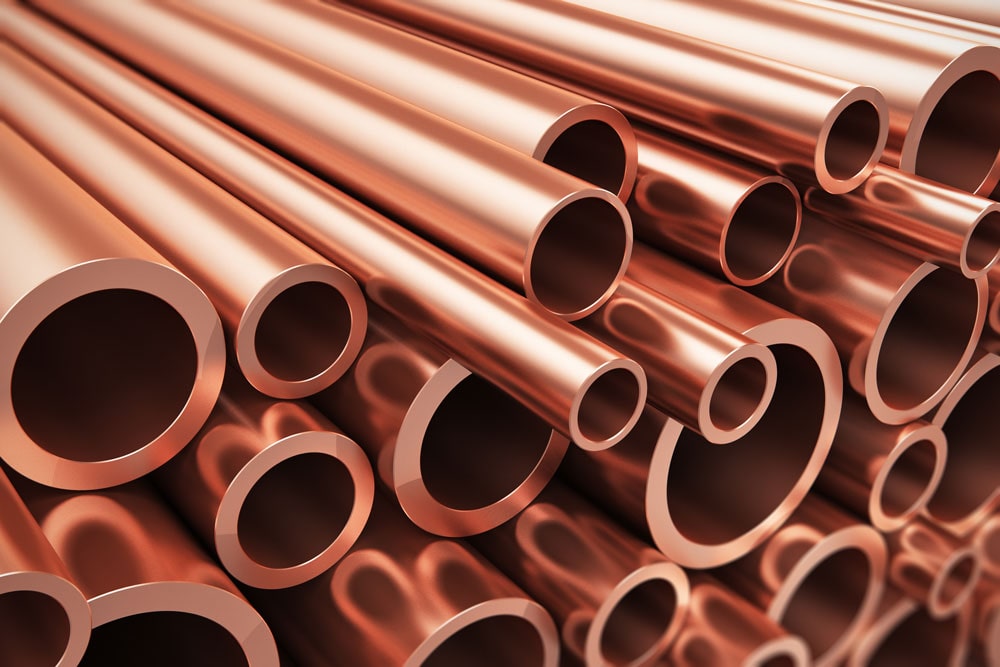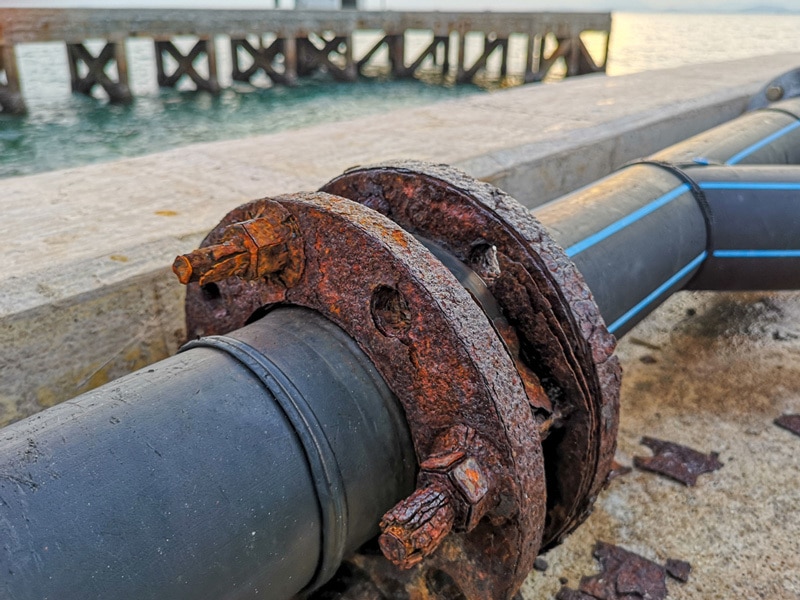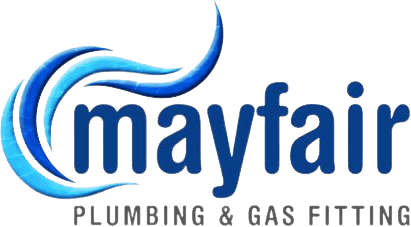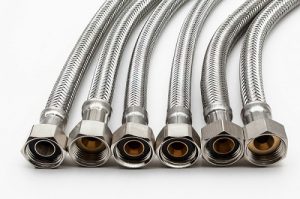Adelaide is fast becoming a destination in Australia that many families are flocking to. Adelaide is still affordable and what it has to offer is some of the best kept secrets in the country. Take for example all the glorious beaches in Victor Harbour, Goolwa, McLaren Valve, Aldinga, Middleton, Hove, Largs Bay, Semaphore and Glenelg to name just only a few of what South Australia has to offer.
Key Takeaways:
- How salt water in the air can affect copper plumbing pipes
- What are alternative materials to copper water and gas lines
- How does salt water in the air affect a hot water service
- The different grades of copper pipe
- What locations of Adelaide are most susceptible to high salinity in the air?

Life Span of Copper and Brass Pipes Along South Australia’s Beaches
It doesn’t take long to look around a house along SA’s beaches to see the effects of salt water in the air and the damage it causes to these properties situated on the foreshores and even many streets back from the beaches.
Salt water from the ocean that gets blown up onto these properties can cause accelerated corrosion of items such as windows frames, wooden doors, metal roofs, gutters, air conditioners and exposed water and gas pipes.
You will notice that any exposed copper or brass pipes and fittings mounted to the side of a house close to the ocean will have drastically changed in colour from its original shiny copper colour to a very bright green or blue colour. What you are seeing here is the effects of the salt water starting to eat away at the copper and brass and decreasing its life span significantly.
With this high level of corrosion, you can expect that the life span of the copper and brass fittings to almost half and with this you will start to see small pin prick leaks develop and on sections of the pipes where it has been joined/bends formed etc small splits developing all causing these materials to leak. Unfortunately, that is just the nature of the product and its location and many of these home owners understand that their homes may require plumbing maintenance then others from time to time.
Check our our article on PVC plastic compared to copper pipes.
Alternative Materials to Copper and Brass Along The Coast
When building in locations such as Goolwa and Glenelg today there are some good alternative products which weren’t around 20 years ago and if they were they were extremely expensive.
When constructing a new house many engineers and architects will ask for 316 stainless steel to be used for items such as hand rails, exposed fixings (bolts and screws), gate hinges and floor grates. Items such as structural steel beans and columns will be galvanised coated along with their bolts, nuts, and washers. Other materials for door frames and windows will now be noted to be aluminium or PVC. Storm water down pipes will typically be PVC (in some high end builds they can be specified as stainless steel) and any storm water sump pumping stations will be stated to have stainless steel and cast-iron bodies. The pumps discharge hoses will have aluminium cam lock fittings for quick release during service periods of the storm water pumps.
In ground services for water gas will be typically installed in blue line poly pipes and yellow tiger striped system. These pipes are joined with electrofusion and have a far higher corrosion rating to former copper and galvanised piping systems previously installed.
Inside the buildings plumbers are today using plastic products as well. Although the exposure to corrosion inside the building is low it is the cost of these materials and time frame that has made these new systems such Rehau, Trade Pex, Geberit and Viega the favourite for many plumbers in Adelaide.
Can a Hot Water Service Be Installed Outside a House Along the Beach?
Many properties along Adelaide’s metro coast lines such as Largs Bay, Semaphore, Glenelg, and Brighton will be connected to piped natural gas and for this reason will have a continuous flow hot water service AKA instant gas hot water service. These systems are typically installed outside unless they have a Rinnai Infinity 26i which can be installed internally, but majority of people in these areas will have a Rheem, Bosch or Rinnai hot water service installed outside on a wall. Common models are Bosch 21e, Bosch 17e, Rheem Metro 20, Rinnai Infinity 26 or Rinnai v1200 and Rinnai B16.
If we look at locations along the Fleurieu Peninsula such as Goolwa, Middleton, Encounter Bay and Port Elliot many of these properties will not be connected to gas unless they use exchange propane bottles. Majority of these houses will be using electricity for the heating of their water.
Brands such as DUX, Rheem, Beasley, Aqua Max, Thermann and Rinnai are common manufacturers of 250 litre electrical storage hot water services and that’s what we find in majority of the homes in the Fleurieu. The common location for a mains pressure electric storage water heater is outside which once gain makes these systems more susceptible to corrosion, but as I previously touched on manufacturers do still offer the same warranty no matter the location of installation providing it follows the Australian Standards.
Manufacturers of these hot water services warranty the product the same no matter where the system is installed if it complies with Australian Standards. In my opinion though the life span of a hot water service will last longer if not exposed to such high levels of salinity in the air.
Different Grades Of Copper Pipe
Did you know that copper tube comes in different grades or classes? The grade of copper refers to the wall thickness of the pipe itself. 15mm copper tube is typically always used in A grade since many plumbers will use tube benders to bend the copper and for this reason it needs to be thick enough to stretch inside the benders. You will find that 20mm copper is also mostly used in A grade for the same reason.
When we move into the larger sized copper pipes it will start to be used in B grade or class B copper for sizes such as 25mm, 32mm and 40mm etc. If 100mm copper is used in a fire service, it will need to be class A to with stand to high pressure it will need to operate under. When a fire service is boosted by the Metropolitan Fire Service it can be used at operating pressures of 1600kpa, this is very high considering majority of houses only operate at 500kpa.

What Locations in South Australia Have High Salinity in the Air?
If we are identifying which locations of South Australia have the greater salinity in the air it is going to be those which are more exposed to open oceans. If you consider locations such as Taperoo, Osborne, and North Haven these are technically sheltered beach locations given how far into St Vincent’s Gulf they are situated.
Where if you look at Goolwa and Goolwa South beach these are far more exposed. Although Port Elliot’s Horse Shoe Bay is also along the Fleurieu Peninsula it is protected by Pullen Island making it a very calm location for beach dwellers. Middleton and Victor Harbor will also experience some high volumes of salinity in the air but that is in the location where Goolwa and Middleton beaches intersect. At the other end of Middleton closer to Basham Beach and The Chicken Run it can tend to be a less harsh once again due to its protection form the Southern Ocean.
FAQs About Copper Plumbing Pipes
Below you can see some common questions we get asked.
Do plumbers still weld copper and brass pipes?
Today many plumbers will use press fittings for the installation of any water and gas service which involves copper and brass fittings. What we are seeing in the plumbing industry is that large scale commercial plumbing companies public indemnity insurance policies premiums are far too high if they use press fitting (this is because there is a risk that the fitting could pop off, could?!), and many large scale plumbing firms are opting for the original installation methods of brazing using oxy and acetylene in order to keep lower insurance costs.
Can copper pipe be buried under ground and if so, what depth must it be at?
Yes, copper pipes can be buried in the ground. Typically for a water pipe it will be buried around 300mm and a gas line around 450mm.
What size copper pipes do you use for a water main?
Majority of Adelaide’s water pipes from the meter are 20mm or otherwise known as ¾ inch. In some parts of South Australia plumbers did once use 18mm or otherwise known as 5/8th. If copper is used in a fire service, it will either be 100mm or otherwise known as 4inch and sometimes 150mm otherwise known as 6inch.
How Do You Repair a Leaking Copper Pipe?
If the copper pipe is accessible and easy to cut out and put a new section in, we would use Viega or Kempress fittings. But in situations where the pipe is very hard to cut out and the problem is just a pin prick or small split in the pipe, at Mayfair Plumbing we would use Oxy and Acetylene to weld up the hole in the pipe or fitting.




